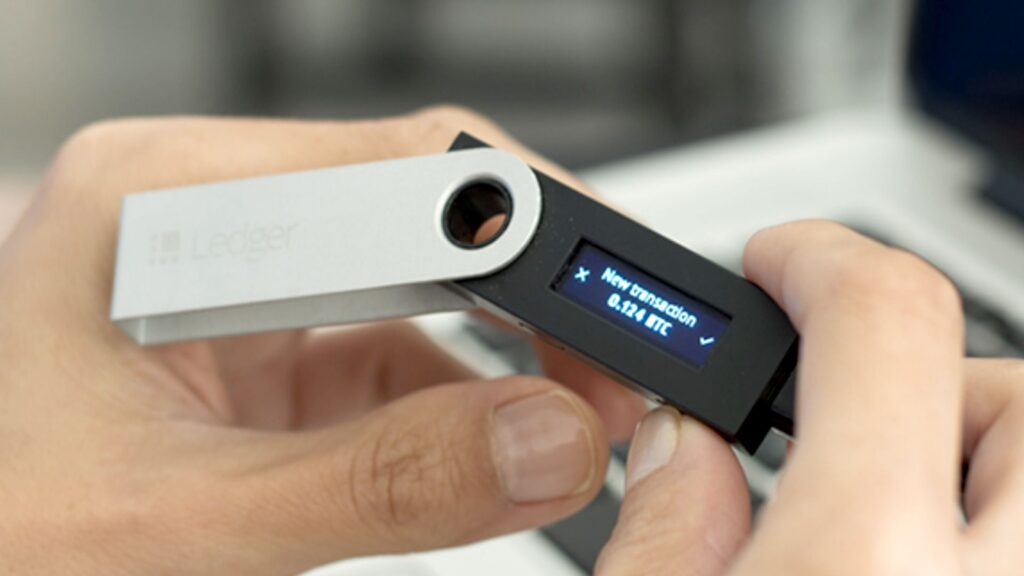As prices peaked in late 2017 and popularity declined, cryptocurrencies like Bitcoin have experienced a recent surge in 2019 and 2020, surpassing their former all-time highs. Here’s a look at some examples of the perfect digital currency wallet to explain why it’s back in fashion! As a result, more hacking incidents were published. In fact, some of the most notorious robberies happened at a glance: hackers even brazenly swapped wallet tokens for another. Do some research on Bitcoin, dogecoin, and other coins before purchasing them.
Tickets are stolen from the victims and they cannot do anything to stop it. It is referred to either as BTC or XBT, the first crypto-currency. This is a decentralized currency that is based on encryption and a network of users. The system is powered by a code known as a blockchain, not gold. As a result of the lack of a bank, consumers are forced to keep Bitcoin themselves, which may be problematic. To find out more, visit Crypto Genius’ official website.
The hot wallet
A hot wallet operates on a computer, a smartphone, or a tablet connected to the Internet. There is the potential for this to present a vulnerability because these devices create your money’s private keys. While having a hot wallet this way might be convenient, you can rapidly access and deal with your assets, and the wallet is not secure. You might find this a bit far-reaching. However, anyone who uses a hot wallet without adequate protection can have their money stolen. In conventional financial knowledge, most of your money is held in savings or other investment accounts, while only your expenditures are deposited into a checking account. To keep Bitcoin in an exchange wallet is not the same as keeping it in your wallet.
If a hacker compromises your account or the exchange is hacked, you’d lose your money. There is a recurring notion in Bitcoin forums about “not your keys.”. It is not advisable to store substantial amounts of Bitcoin, particularly an exchange account, in a hot wallet. It is recommended to install the majority of the funds into your own personal “cold” wallet (explained below). Although these wallets connect to the Internet, presenting a possible attack vector, they help facilitate transactions or exchange Bitcoin quickly.
A cold wallet
Wallets with cold storage are the most secure option.
Users can keep their addresses and keys in these wallets on anything not connected to the Internet, and they usually come with additional software that allows them to view their portfolios without compromising the private key.
A sheet of paper is then printed with the public and private keys. Wallets are often laminated and put in safe deposit boxes at banks or in households with high security. Additionally, these gadgets are open-source, so instead of businesses certifying their safety, the community can evaluate their safety. They require some expertise, however. It is imperative that anyone interested in holding Bitcoin understand the concepts of secure storage and cold and warm wallets.
A Hardware Wallet
In hardware wallets, the cryptocurrency is stored on a USB stick or similar piece of hardware. As no personal information about the user is stored on hardware wallets, transactions are anonymous. They are also more secure against malware attacks than PC wallets. In addition, even if the user loses their wallet key, they can retrieve their money with a 20-word seed phrase that they create during wallet creation. The seed phrase can be locked on paper if desired by the user. The user cannot recover the Bitcoin even if he knows the seed phrase if he loses the hardware wallet. You can find hardware wallets with the same Bitcoin.org tool previously mentioned.
The paper wallet
Although paper wallets seem straightforward, they require more digital currency expertise than any other option, and can be created either online or offline. Privacy is preserved with paper wallets. Paper wallets are just words printed on paper. It is possible for paper to become torn, smeared, or lost, and for ink to become decayed. Further, if the user published their paper wallets, then they should consider all the possible weaknesses in their printer’s network.
Reusing addresses is another issue. The paper wallet you generate for each transaction must be generated if you do not use the lesson again. The safest way to create a new wallet is also the hardest way to verify every transaction, as using the same address again makes tracking the key signature simpler. So make sure that you select a safe and secure Bitcoin wallet for your Bitcoins.

